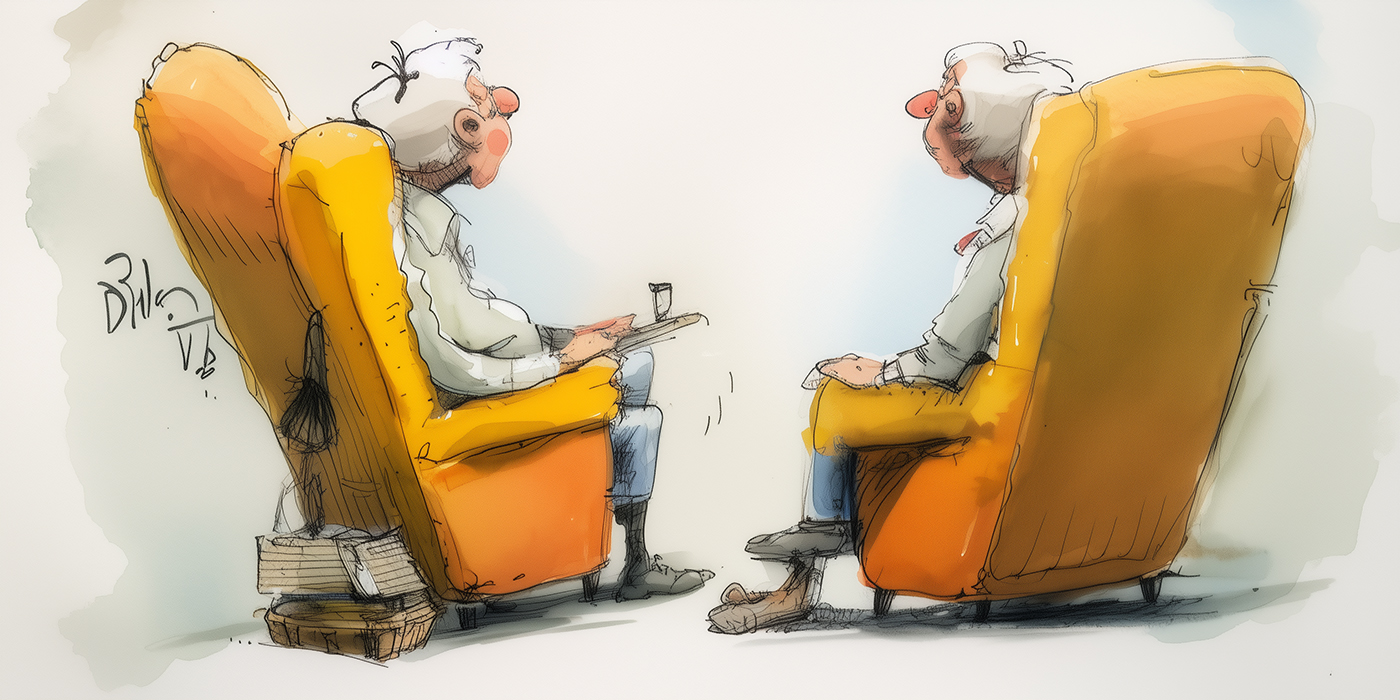I have been a member of SA for over eight years now, but will be celebrating my first anniversary of sobriety in about three weeks. During my first seven years in the program, I didn’t want the painful consequences of my lust, but I didn’t want to stop altogether either. It has taken me seven years in the fellowship to finally reach my “bottom” and to “go to any lengths” to achieve and maintain sexual sobriety. I just couldn’t take the pain of acting out any longer. I am very grateful to be sober and for the support of this fellowship. I know I could not do it on my own.
Since I’ve been sober, the meetings have become very precious to me. However, in the last couple of months I have been concerned about some comments I’ve been hearing at meetings that to me have the potential of affecting the quality of the meetings, and giving a distorted message to others.
The issue is how individuals define what sex is. As we know, our sobriety definition states that sobriety means not having sex with self or others, except the spouse. However, there seems to be some confusion as to what exactly constitutes sex. I have been hearing members talk about masturbating for lengths of time, yet considering themselves sober because they did not ejaculate. Others talk about going to adult bookstores or fashion shows or cruising their old haunts, yet because they did not masturbate or engage in sexual activity with another person, they see themselves as sober.
These comments concern me deeply. I am concerned about the quality of our meetings and the message we carry to others. To me, masturbation is sexual activity. Whether ejaculation occurs or not does not make it any less a sexual act. The same with looking at adult literature or cruising places to look at potential partners. Voyeurism, exhibitionism, cruising, etc. are all forms of acting out. There is no progressive victory over lust if I engage in any of these activities. Because it may be a “lesser” form of what I have done in the past, or because I may be able to stop before achieving orgasm, I’m still resorting to my drug, and am therefore not sober.
I’m a sexaholic. That means I cannot handle any form of acting out behavior in my life. The moment I begin to think that I can get away with this activity or that activity and still be sober, I’m in my disease. And once I act on this thinking, I am acting out. I have lost control, even if I am able to limit the activity to some point initially. I know the fantasy will come back to haunt me more and more, until lust gets what it wants, which is all of me.
I still struggle with lust today. But through the grace of God and our loving fellowship, I do not have to feed my lust. I stay away from slippery places and when I struggle, I turn to my Higher Power, make a phone call, or go to a meeting. I am grateful that I have the willingness to do these things today.
I used to think that the program could not work for me because I couldn’t stay sober. I see now that I was not surrendered. I did not have the willingness to work the program and face the pain of withdrawal. I rationalized that I was different from other members, my problem was more severe. As time went by, however, I saw others with similar backgrounds achieve and maintain sobriety. Little by little my denial was weakening, until finally I could not take the pain of my actions anymore.
This program works! It works for me now too! It works because I am following instructions for the first time! I remember somebody once saying, “When all else fails, follow directions!” It can work for you too, and I believe that today. Sex, in any of its forms, is indeed optional.
M.F.






